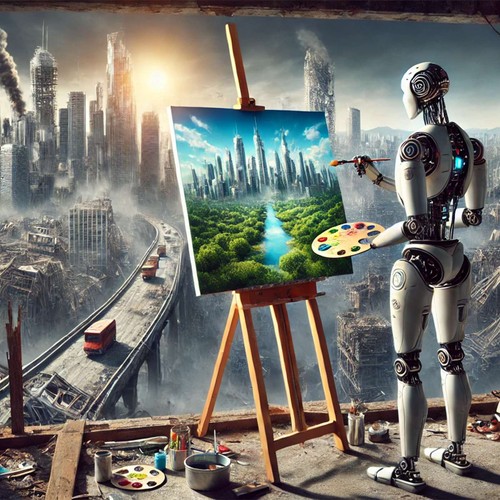
 Oxide and Friends
Oxide and Friends Predictions 2025
68 snips
Jan 10, 2025 Join Mike Cafarella, a tech visionary, and Steve Tuck, an industry analyst, as they dive into a lively discussion about future predictions. They reflect humorously on past tech forecasts, like the missteps around Web3 and Apple’s VR ambitions. The conversation navigates the rising influence of AI agents and their ethics, amusing anecdotes from the industry, and the peculiar challenges of CEO hiring. They also tackle how AI is reshaping journalism and speculate on upcoming trends in self-driving technology and creative fields.
AI Snips
Chapters
Transcript
Episode notes
Apple VR Prediction
- Steve Tuck predicted Apple VR would do okay, but not take over the world.
- Apple recently stopped production of their current VR headset, suggesting his prediction might be accurate.
AI Doomerism Prediction
- Brian Cantrill predicted AI doomerism would drop out of the lexicon.
- He claims he was right, even adding a parlay that doomers would claim credit for doomerism's demise.
AI Agents Flop
- Simon Willison believes AI agents will flop due to security, gullibility, and reliability concerns.
- He emphasizes agents lack a consistent definition, hindering meaningful discussion.

